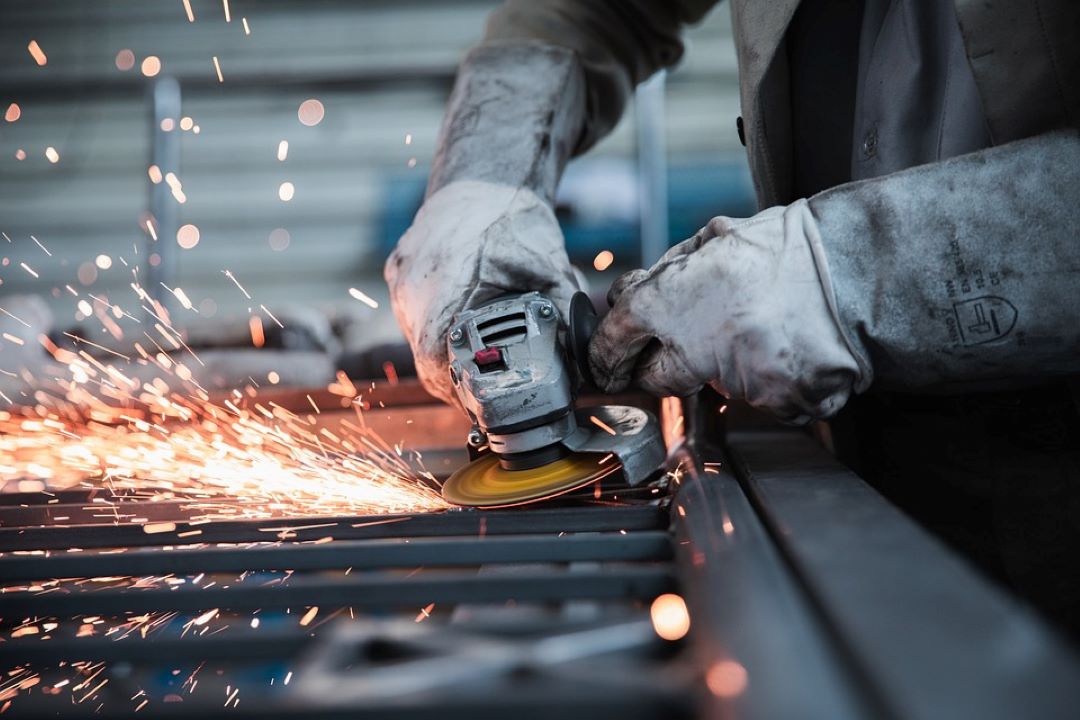The Global Trade Research Initiative (GTRI) urged the government to conduct a detailed review of the Indian steel industry to assess the impact of current import restrictions before implementing the proposed safeguard duty. The GTRI’s report highlighted several technical shortcomings in the ongoing investigation by the Ministry of Commerce into the rising imports of certain steel products. It pointed out that the investigation primarily focuses on products that have seen only minimal import surges, and the use of global safeguards may not be appropriate for this situation.
The think tank stressed that any new import measures should be introduced only after a clear understanding of how existing regulations are affecting the steel sector and the wider economy. “A thorough evaluation of the steel industry’s health and the effects of both proposed and existing import measures is essential to understand their impact on costs, economic growth, and employment. Any new actions should follow this review,” said Ajay Srivastava, Founder of GTRI.
Srivastava also criticized the current regulatory framework, which includes Quality Control Orders (QCO), the Steel Import Monitoring System (SIMS), and No Objection Certificates (NOC), describing it as overly complicated and inefficient. The report calls for a high-level review to simplify these processes and automate compliance.
The GTRI report further suggested that the licensing process for foreign manufacturers should be streamlined, possibly through collaboration with international laboratories to improve quality control. The import system, it noted, has become bureaucratic and inefficient, causing delays and unnecessary obstacles for importers.
The Directorate General of Trade Remedies (DGTR), which is handling the investigation, began probing imports of Non-Alloy and Alloy Steel Flat Products last month. These products are used in a variety of industries, including construction, automotive, and electronics.
Small and medium enterprises (MSMEs) in the engineering sector have expressed concerns that additional import duties on steel could make Indian products less competitive internationally, affecting exports. S.C. Ralhan, Chairman of the Hand Tool Association, highlighted that MSME exporters are already facing liquidity issues and high domestic steel prices.
The Indian Steel Association, representing major steel producers such as ArcelorMittal Nippon Steel India, JSW Steel, and Steel Authority of India, has requested the imposition of safeguard duties to protect domestic producers from the influx of imports. Safeguard duties are trade remedies allowed under World Trade Organization (WTO) rules, designed to level the playing field for domestic industries if imports of a product increase unexpectedly and significantly.
The GTRI report also emphasized that a substantial part of steel imports comes from Free Trade Agreement (FTA) partners or China, and suggested that specific safeguards and anti-dumping measures for these countries might be more effective than global safeguards, which could face legal challenges at the WTO. The report cautioned that the proposed safeguard duty targets steel flat products, which are essential inputs for various sectors of the national economy.
It also pointed out that India’s crude steel production has grown significantly from 109.14 million tons in 2019-20 to an expected 144.04 million tons in 2023-24, while consumption has risen from 100.17 million tons to 136.25 million tons during the same period. As of FY2024, India meets 94% of its steel demand through domestic production, with imports accounting for just 6%.







